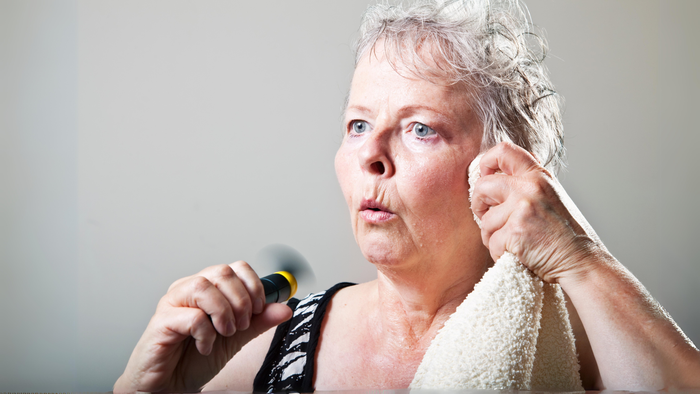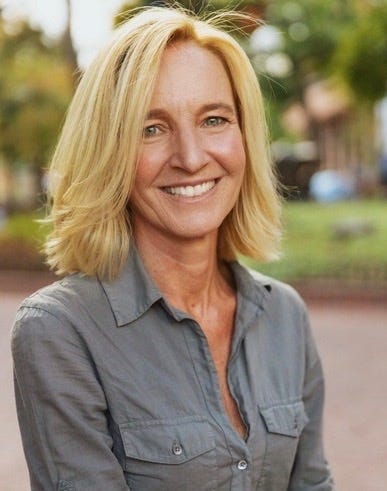
When first lady Jill Biden announced the White House Initiative on Women’s Health Research in mid November, she pointed to a “stunning lack of information” about managing menopause as a key reason behind the enterprise.
“Every woman I know has a story about leaving her doctor’s office with more questions than answers,” Biden said. “Not because our doctors are withholding information, but because there’s just not enough research yet on how to best manage and treat even common women’s health conditions. In 2023, that is unacceptable.”
More than 1.3 million women in the U.S. enter menopause each year, according to the National Institutes of Health, and about 85% of them experience symptoms ranging from hot flashes to insomnia to depression. Even so, most medical professionals receive little or no education about the condition, forcing desperate women to turn to the internet and social media for solutions.
Until very recently, menopause and perimenopause were not topics for “polite conversation,” so, for the most part, women kept their suffering to themselves. But now vocal Gen X women are entering this life stage and refusing to be shamed about a condition every woman will go through (if she’s lucky enough to live that long), and the stigma is subsiding. Podcasters and influencers are talking openly and unabashedly about menopause, and the supplement industry is finally taking note.
Menopause supplements accounted for only 1% of total industry sales in 2022, but they grew by nearly 5% that year—a year when the rest of the industry was in post-pandemic freefall—and Nutrition Business Journal estimates they’ve grown by 4.7%, compared with 2.6% for the industry, in 2023. Growth is projected to continue at this pace, reaching 5.6% in 2025, as the industry overall is expected to more or less flatline.
Startup supplement companies geared toward women are cropping up, and they’re leading with straightforward, much-needed education. Using the tagline “menopause reimagined,” Morphus offers a wide range of supplements to ease menopause symptoms and a robust website that allows women to shop by symptom, learn about the different stages of menopause, subscribe to a newsletter and participate in an interactive coaching program.

Wile Women, which offers “plant-based medicines and chemicals to demystify and embrace the hormonal powers of a growing woman,” has raised millions of dollars in venture capital and has SKUs at Whole Foods Market, Sprouts Farmers Market and CVS. Bonafide Health, which specializes in women’s products, offers a supplement to address the vaginal odor, itching and discharge that can accompany menopause and another for hormone-free relief from mood swings and irritability.
At the other end of the industry spectrum, legacy brands are realizing they can’t ignore menopause any longer. Country Life is offering Menopause Rescue, and industry stalwart One A Day is in the game with its Women’s Menopause Formula.
The key to success in this category, according to AstaReal scientific affairs manager Karen Hecht, is understanding there’s more to menopause than hot flashes and mood swings. Products that address accompanying issues like bone health and fatigue will do well in the nascent marketplace, she says. “It’s part of a whole lifestyle, and it’s a solution that focuses on the context of these people’s lives and not just one thing. You’re stepping out of the one-dimensional space here.”
The opportunities for education do not end at brand marketing and web site information. Retailers have a great opportunity for in-store programming, staff training, newsletter content and in-store supplemental information that will bring in new customers and inspire repeat purchase.
Read more about:
J.E.D.I.About the Author(s)
You May Also Like





